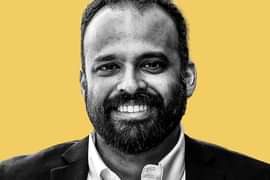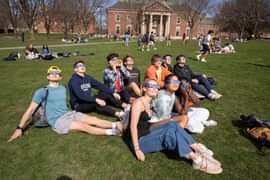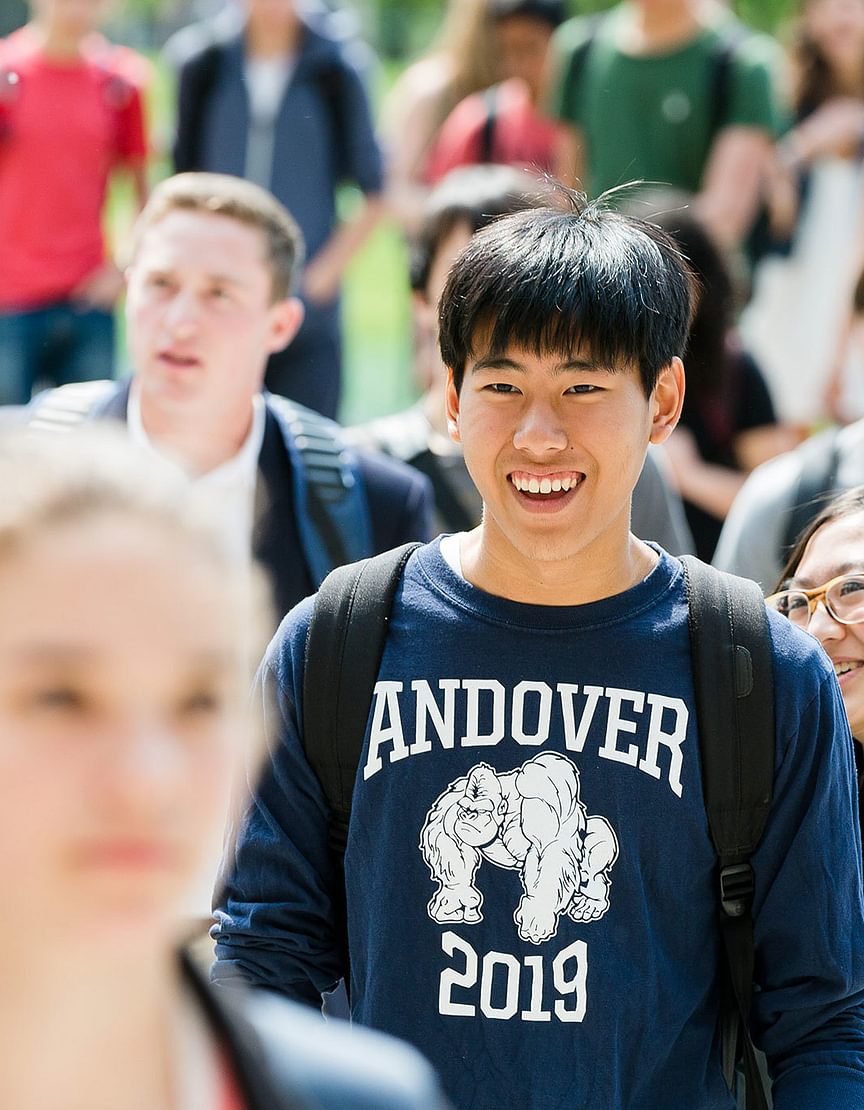
December 11, 2018
The highest priority
A multifaceted approach to health and wellnessSecuring the well-being of our students is nothing short of a moral imperative.
In many ways, the Rebecca M. Sykes Wellness Center affirms this vital charge. Funded through lead campaign gifts, the center unites medical and psychological services under one roof—and offers students a state-of-the-art facility that provides everything from acute care and x-rays to counseling and physical therapy.
During Knowledge & Goodness, Andover continues to invest in the Sykes Wellness Center’s 24/7 services and wide-reaching programming, including a healthcare speaker series and courses on CPR, self-defense, meditation, and relationships. Building on this success, we are also funding a comprehensive, multiyear health curriculum that engages students in an integrated and thoughtful way on all issues of personal and mental health—a trailblazing step among independent schools.
Here, Jenny Karlen Elliott ’94, P’22, dean of students and residential life, shares her thoughts on these critical issues:
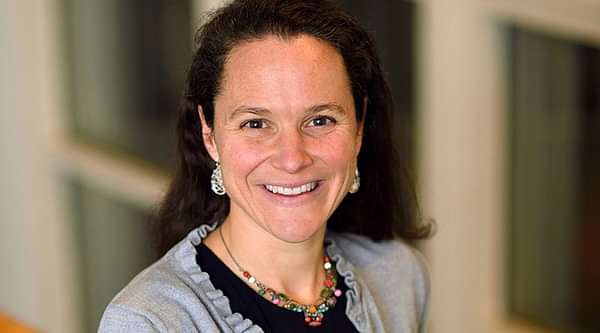 Jenny Karlen Elliott ’94, P’22, dean of students and residential life
Jenny Karlen Elliott ’94, P’22, dean of students and residential life
Why are conversations about health and wellness increasingly important on campus?
While the Academy prides itself on rigor and excellence, we have moved beyond ‘surviving’ Andover and have embraced the goal of thriving. We know that our students’ intellectual lives are wholly impacted by their emotional and physical well-being. And it is our responsibility to equip our students with the skills needed to navigate the challenges—and accompanying stress—to which they are naturally drawn.
How does Andover’s EBI (Equity, Balance, and Inclusion) curriculum support this necessary skillset?
We’ve developed an age-appropriate curriculum that begins with teaching foundational skills (hence “Foundations”)—including stress management, self-advocacy, self-awareness and reflection, and relationship skills (communicating boundaries, active listening, resolving conflict). We encourage our students to discuss with each other and their instructors how best to take care of self and others. As students move through the program, we examine and practice the application of these skills (“Endeavors of the Head, Heart, and Hand”) in everyday life. For example, lowers create toolkits for self-regulation and stress management; they use case studies to practice how to give and receive affirmative consent; and they practice communicating across difference in ways that promote mutual respect. Our uppers, through “Connections,” link what they’ve learned to new experiences they are navigating. We also hope this upper-year program will help students make connections between themselves and the wider campus community and the world beyond.
Our program appreciates that it is impossible to separate issues of identity and inclusion and wellness; they are inextricably linked.
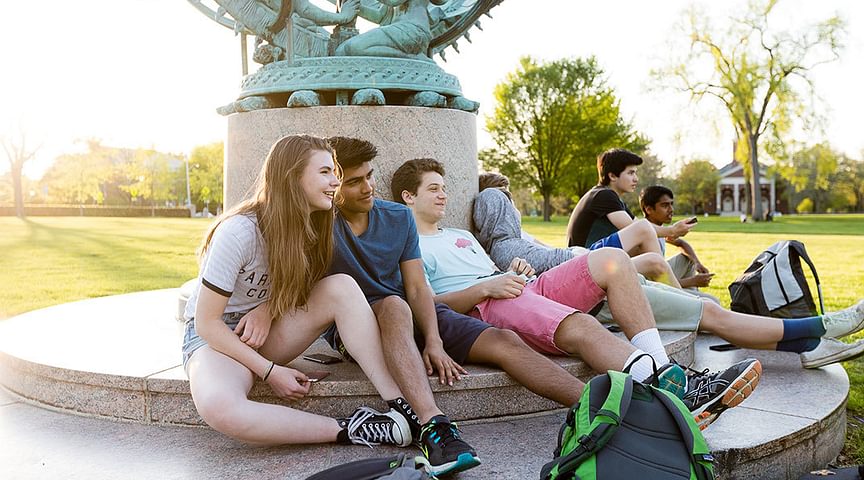
How can the Academy continue to evolve as a leader in the health and wellness field?
Andover needs to keep asking questions. Our Director of Wellness Education, Dr. Susan Esty, engages with peer schools, collects research on adolescent health, and collaborates with colleagues and students to refine our programming. Our Medical Director, Dr. Amy Patel, has hosted two health and wellness summits to help educators exchange best practices. The Tang Institute supports our passionate efforts around mindfulness, positive education, growth mindset, and the science of learning. This multifaceted approach is becoming even more robust during our campaign and is having a direct and positive impact on our students.
What most excites you about the challenges—and growth—ahead?
I am excited and grateful that our community has prioritized student wellness. Students benefit from this emphasis every time they walk into the Sykes Center, engage in an EBI class, address issues of wellness in their dorms and/or advising groups, and attend All School Meetings dedicated to these topics. The struggles that so many of our students face are challenging and complicated. As we work to understand and anticipate their needs better, we will need to revise, revamp, and improve our efforts to take care of them and equip them with the skills they need to thrive.




